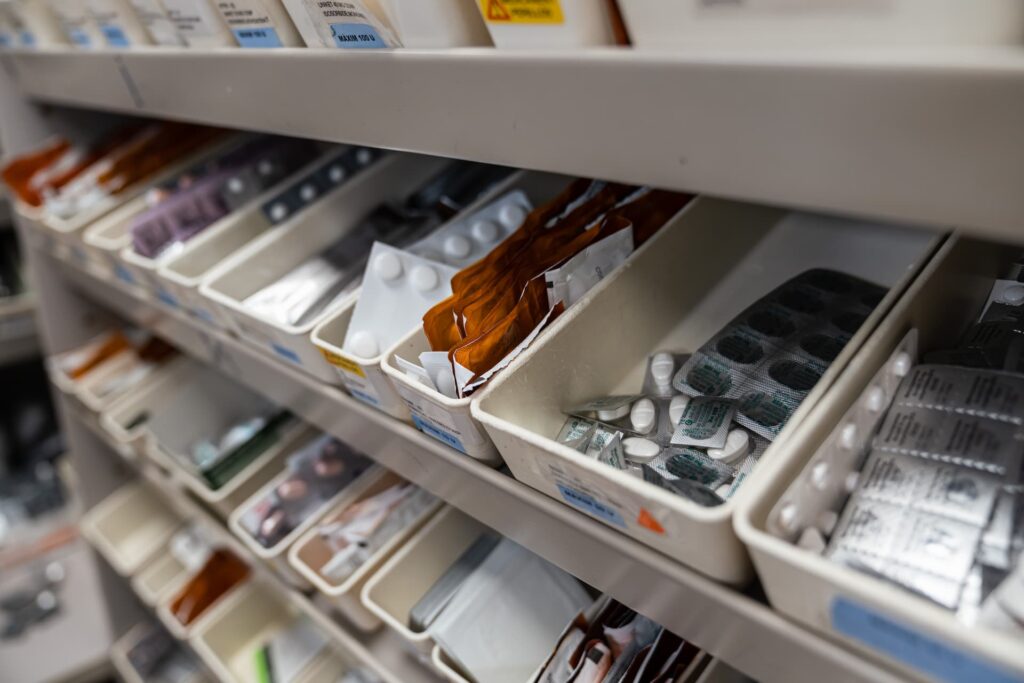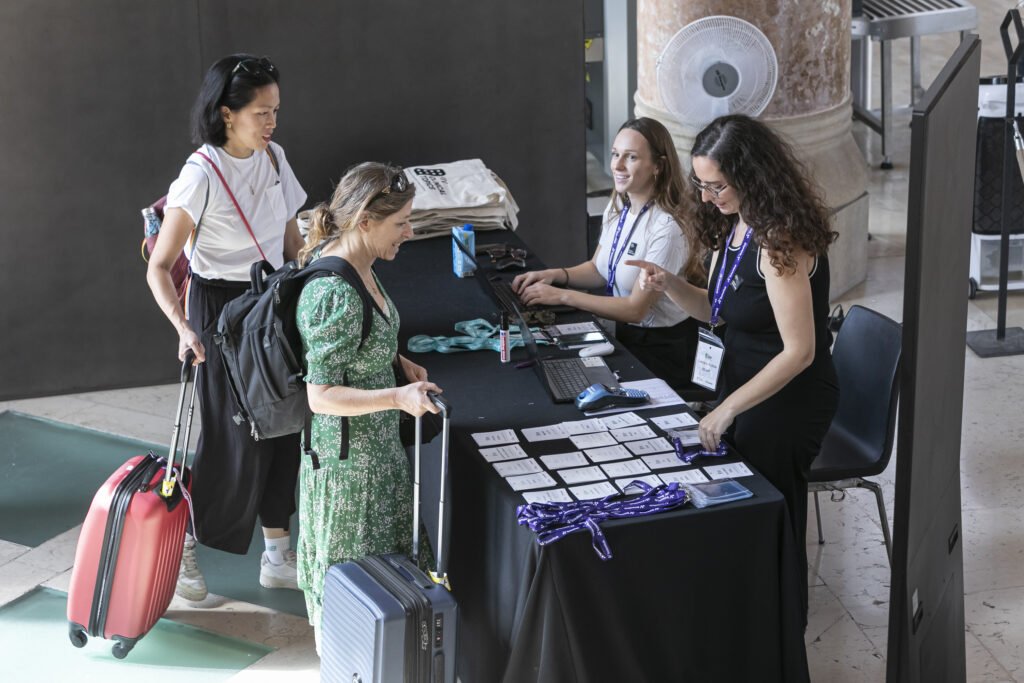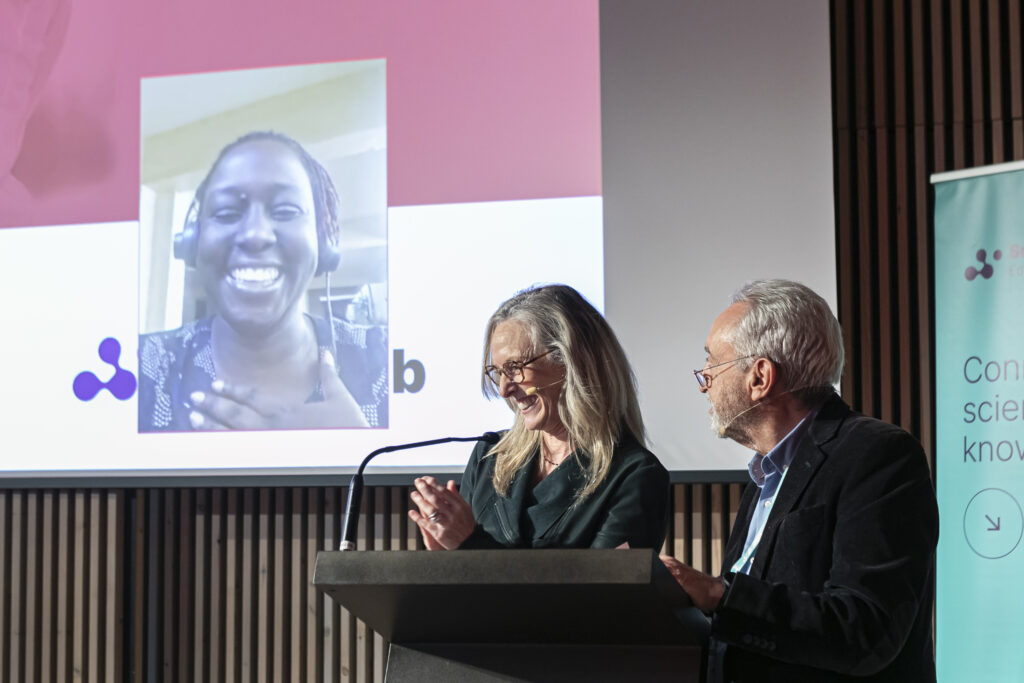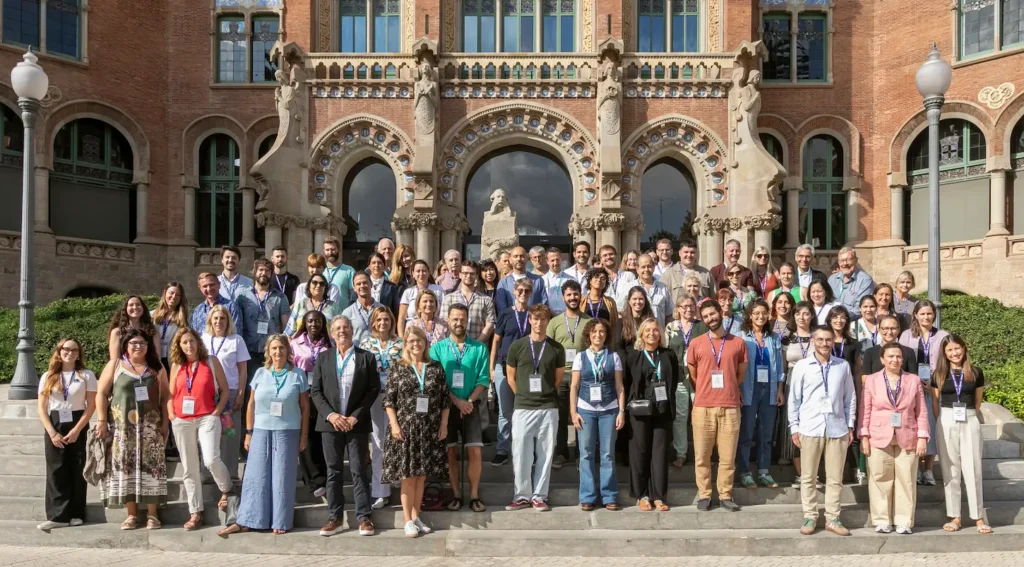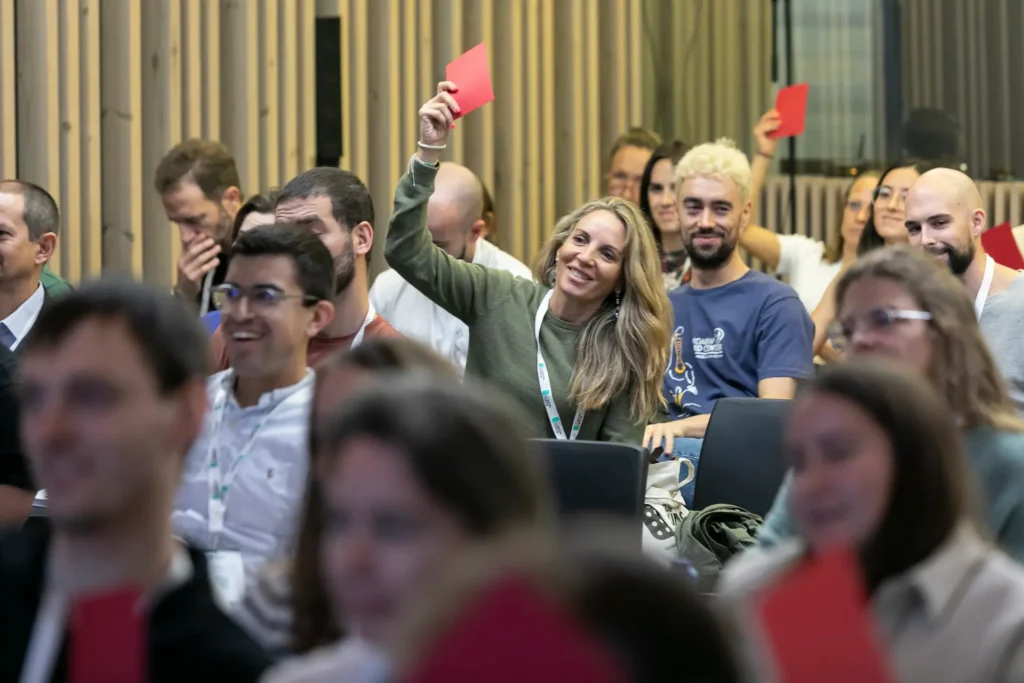
ScienHub


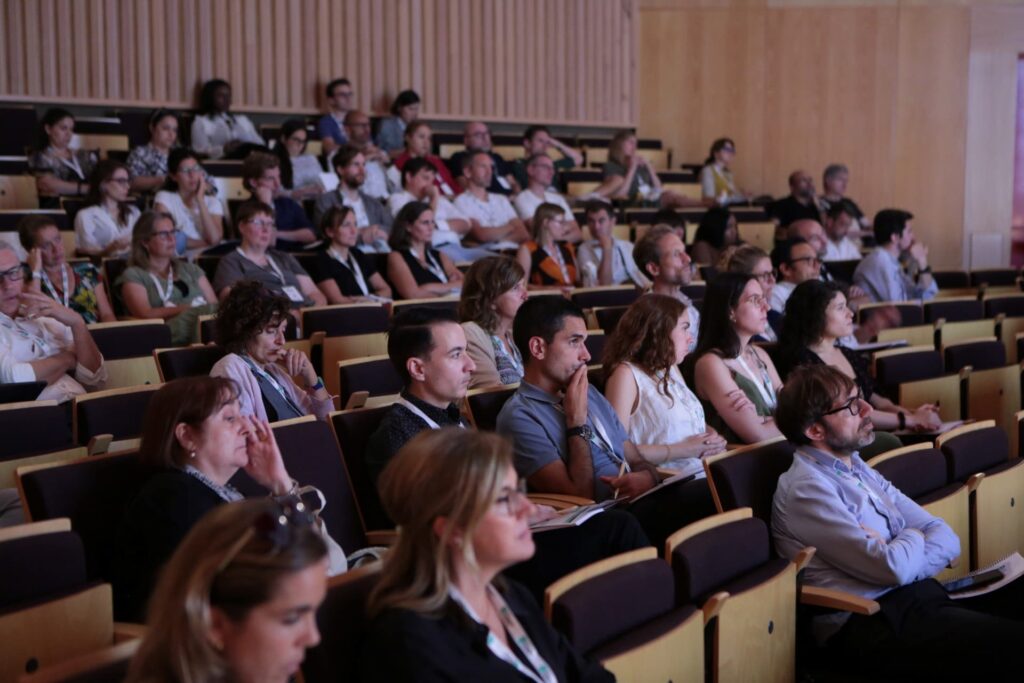
We enable the scientific community to achieve excellence
At ScienHub we offer comprehensive solutions for the implementation of clinical research and knowledge transfer. We accompany the scientific community in all phases of its specialized work, ensuring the quality and effectiveness of the results obtained.
Units
ScienHub in 2024
-
ScienHub in 2024
-

-
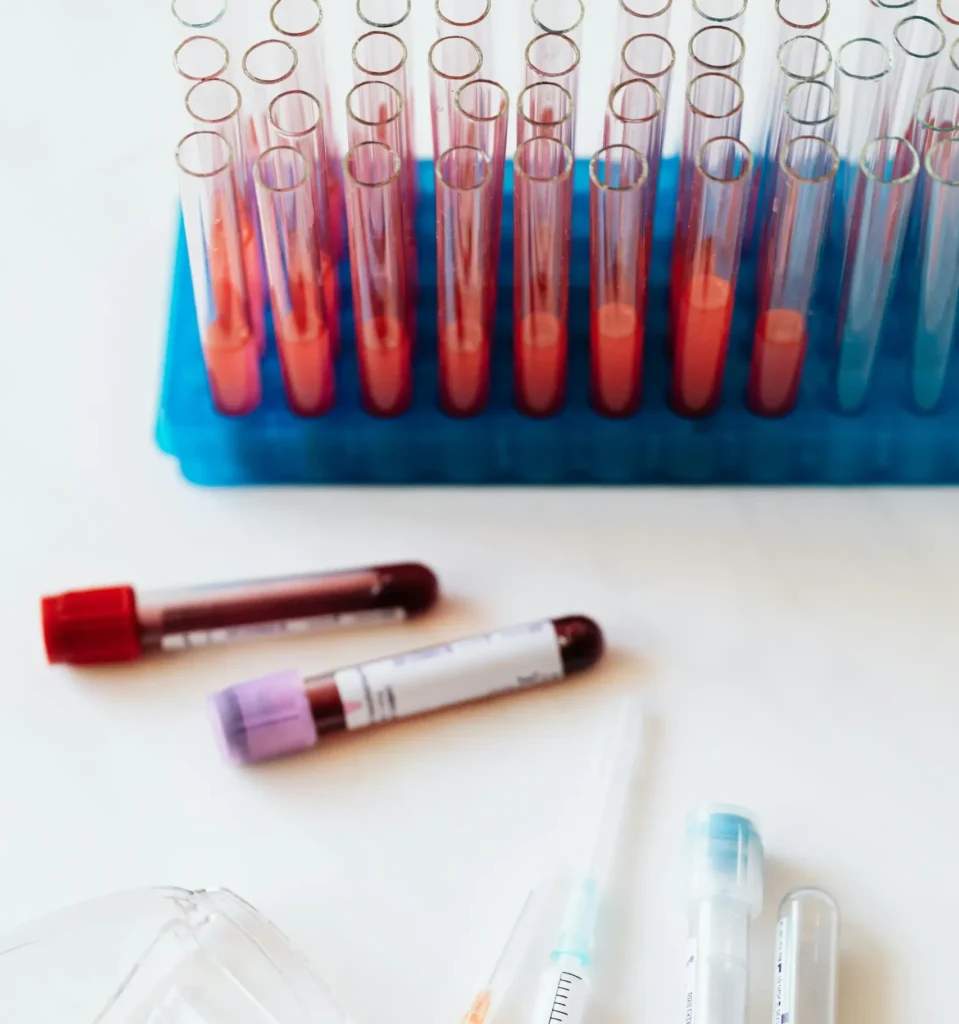
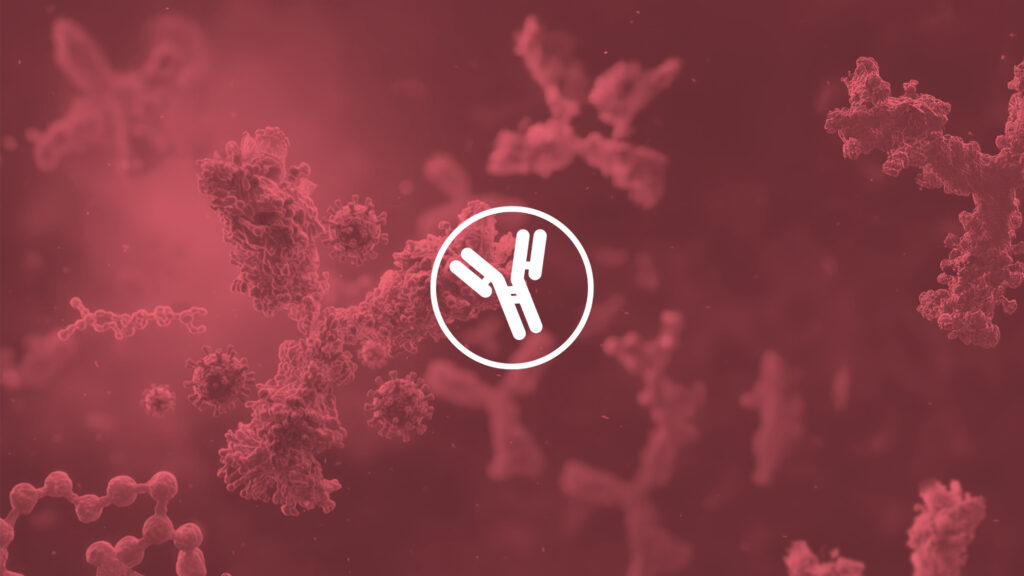
Sign up now
26 Mar 2026
El tsunami de la IDP e IDS 2026
-
Infectious Diseases
-
On-site
-
Spanish
-
HUB Social - Fundació Bofill
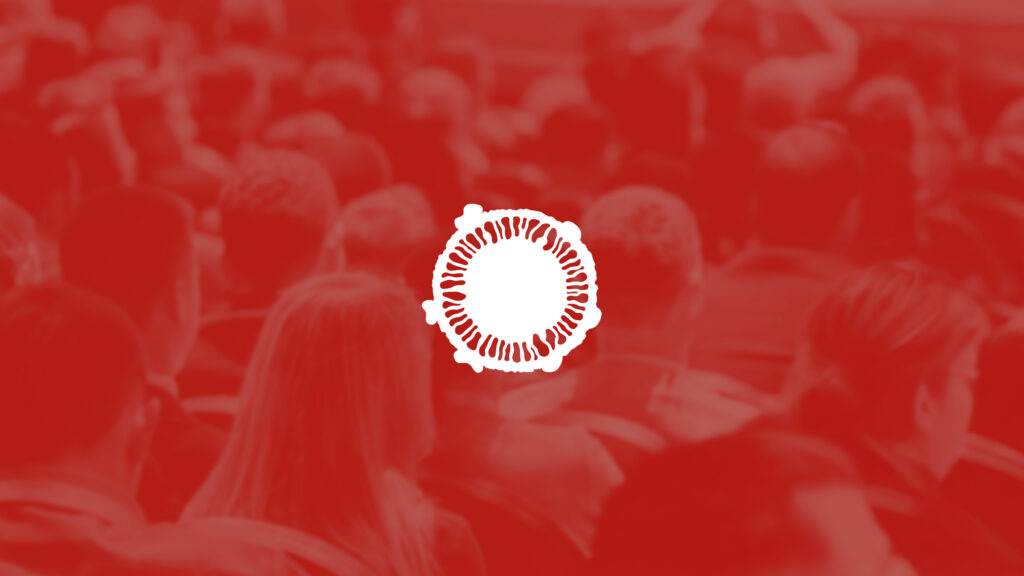
Sign up now
10 Mar 2026
PostCROI 2026. Una actualización de la «33rd Conference on Retroviruses and Opportunistic Infections»
-
HIV
-
On-site
-
Spanish
-
La Pedrera - Casa Milà, Barcelona
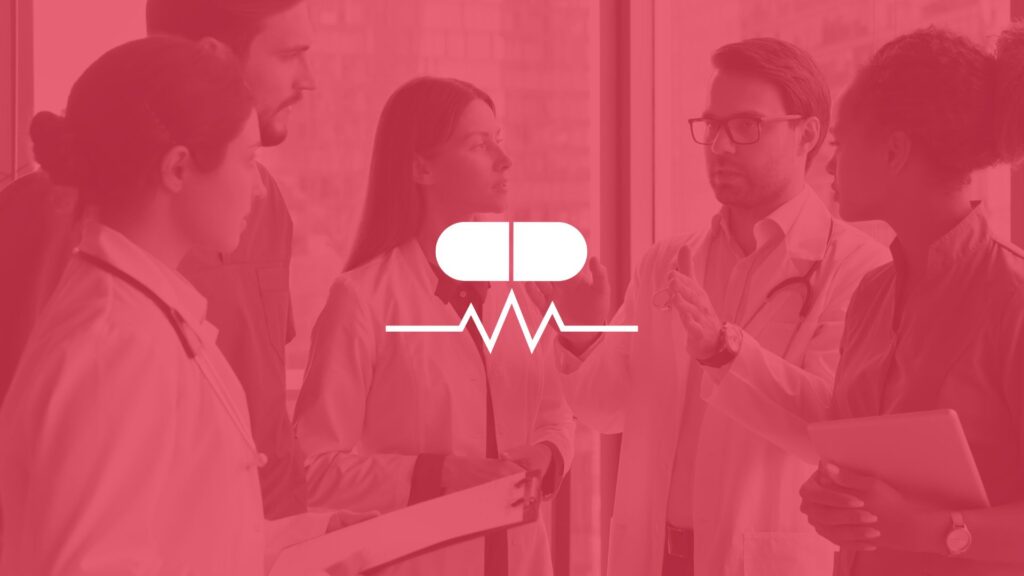
Sign up now
05 May 2026
OptimiTAR – Manejo de las resistencias en la optimización del TAR (fifth edition)
-
HIV
-
Hybrid
-
Spanish
-
HUB Social - Fundació Bofill
